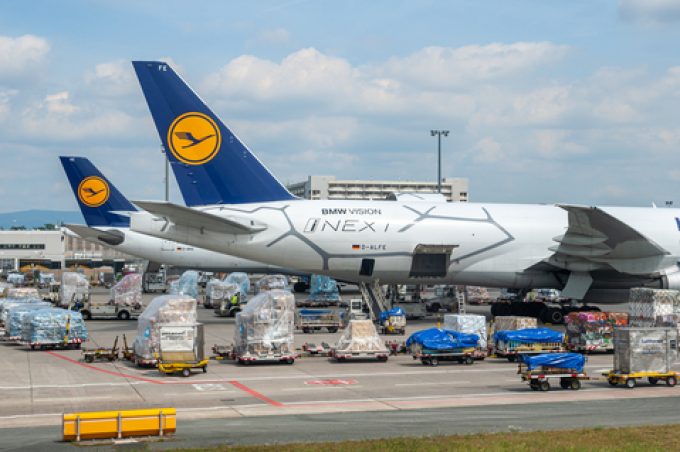Record Q4 for Lufthansa Cargo as its faith in ecommerce pays off
Lufthansa Cargo said it had a record set of results in the fourth quarter – ...

Ramp and warehouse congestion continues to hamper ground handling operations at Frankfurt Airport, Europe’s biggest hub for air cargo traffic.
According to one pan-European air freight road feeder services (RFS) operator, which has a number of major cargo-carrying airlines among its customers: “The situation is serious as airlines are having to re-route freighters to alternative hubs, and this is causing disruption and delays.
“RFS activity has been impacted because truck processing (unloading and loading) at FRA is taking longer, which is reducing capacity ...
Volcanic disruption at Anchorage could hit transpacific airfreight operations
Macron calls for ‘suspension’ – CMA CGM's $20bn US investment in doubt
Forwarders stay cool as US 'liberation day' tariffs threaten 'global trade war'
Shippers snap up airfreight capacity to US ahead of tariff deadline
De minimis exemption on shipments from China to the US will end in May
Tighter EU import requirements proving 'a challenge' for forwarders
Looming Trump tariffs will create 'a bureaucratic monster' for Customs

Comment on this article